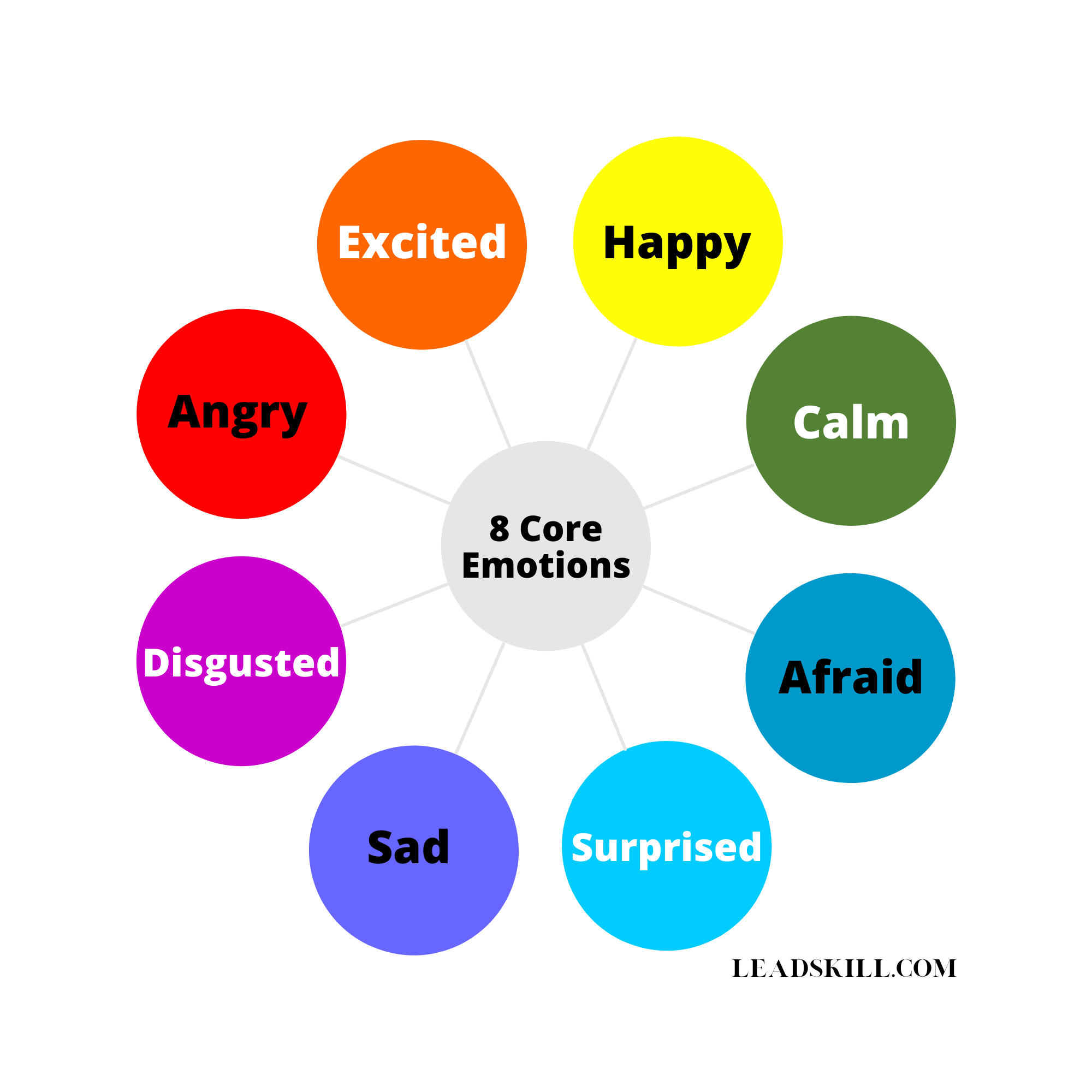FTC Investigates OpenAI's ChatGPT: What This Means For AI

Table of Contents
The FTC's Concerns Regarding ChatGPT and AI Development
The FTC's investigation into OpenAI's ChatGPT stems from several legitimate concerns regarding the responsible development and use of powerful AI technologies. These concerns broadly fall under data privacy, algorithmic bias, and the potential for misinformation.
Data Privacy Violations
ChatGPT, like many large language models (LLMs), relies on massive datasets to train its algorithms. This data collection raises significant privacy concerns. The FTC is likely investigating whether OpenAI obtained and used this data in compliance with existing regulations, including the General Data Protection Regulation (GDPR) in Europe and the California Consumer Privacy Act (CCPA) in the US.
- Potential breaches: The use of personal data without informed consent, inadequate data security measures leading to data breaches, and the potential for re-identification of anonymized data are all key concerns.
- Legal ramifications: Non-compliance with data privacy regulations could result in hefty fines, legal action from affected individuals, and reputational damage for OpenAI. The FTC has the power to issue cease-and-desist orders and impose significant penalties.
Algorithmic Bias and Fairness
Another critical area of concern is algorithmic bias. AI models like ChatGPT learn from the data they are trained on, and if that data reflects existing societal biases, the AI model will likely perpetuate and even amplify those biases. This can lead to discriminatory outcomes, particularly in areas like loan applications, hiring processes, and even criminal justice.
- Examples of bias: ChatGPT might generate responses that reflect gender, racial, or other stereotypes, reinforcing harmful biases.
- Ethical implications: Biased AI can exacerbate existing inequalities and lead to unfair or discriminatory treatment. The FTC is interested in ensuring that AI systems are developed and deployed in a fair and equitable manner, preventing discriminatory outcomes.
- Mitigation challenges: Identifying and mitigating bias in AI models is a complex and ongoing challenge, requiring significant effort and expertise.
Misinformation and its Spread via AI Chatbots
The ability of ChatGPT to generate human-quality text also raises concerns about the spread of misinformation. Malicious actors could potentially use AI chatbots to create and disseminate false information at scale, making it challenging to distinguish fact from fiction.
- Creation and spread of fake news: AI chatbots can be used to generate convincing fake news articles, social media posts, and other forms of misinformation.
- Deepfakes and impersonation: AI can be used to create realistic deepfakes, potentially damaging reputations or inciting violence.
- Developer responsibility: AI developers have a significant responsibility to build safeguards into their systems to detect and prevent the creation and spread of misinformation.
The Implications for OpenAI and the Broader AI Industry
The FTC's investigation into OpenAI's ChatGPT will undoubtedly have far-reaching implications for the company itself and the broader AI industry.
Increased Regulatory Scrutiny
The investigation signals a significant increase in regulatory scrutiny of the AI industry. We can expect more rigorous oversight of AI development and deployment in the coming years.
- Potential new regulations: The FTC's findings could lead to new regulations specifically targeting AI, or adjustments to existing data privacy and consumer protection laws.
- Increased compliance costs: AI companies will face increased compliance costs associated with data privacy, bias mitigation, and transparency measures.
- Impact on innovation: While regulation is needed, excessive or poorly designed regulations could stifle innovation in the AI sector.
Changes in AI Development Practices
The investigation is likely to lead to significant changes in how AI models are developed and deployed.
- Increased focus on data privacy: Companies will need to prioritize data privacy and implement robust data security measures.
- Bias mitigation: More rigorous methods for identifying and mitigating bias in AI models will be necessary.
- Transparency: Increased transparency in AI development and deployment will be crucial for building public trust.
- Stricter testing and validation: More robust testing and validation procedures will be needed to ensure AI models are safe and reliable.
Impact on Consumer Trust and Adoption
The FTC's investigation could significantly impact consumer trust in AI and its adoption.
- Decreased consumer confidence: Negative publicity surrounding the investigation could decrease consumer confidence in AI technologies.
- Increased skepticism: Consumers might become more skeptical of AI-powered products and services.
- Building trust: Building and maintaining consumer trust will be crucial for the successful adoption of AI technologies. This requires responsible AI development, transparency, and accountability.
The Future of AI in the Wake of the FTC's ChatGPT Investigation
The FTC's investigation into OpenAI's ChatGPT marks a turning point for the AI industry. The key takeaways are increased regulatory scrutiny, the need for significant changes in AI development practices, and the vital importance of building and maintaining consumer trust. The FTC's concerns regarding data privacy violations, algorithmic bias, and the spread of misinformation are valid and require immediate attention. The long-term outlook suggests a future with more robust regulations, a greater emphasis on responsible AI development, and potentially slower but more sustainable growth in the AI sector. The outcome of this investigation will shape the future of AI regulation globally. Follow the developments in the FTC's investigation of OpenAI's ChatGPT, stay informed about the future of AI regulation, and understand the implications of FTC investigations into AI. The future of AI depends on it.

Featured Posts
-
 160 Game Hit Streak Snapped The Orioles Announcers Jinx
Apr 28, 2025
160 Game Hit Streak Snapped The Orioles Announcers Jinx
Apr 28, 2025 -
 Recent Changes To Chinas Tariffs On Us Made Products
Apr 28, 2025
Recent Changes To Chinas Tariffs On Us Made Products
Apr 28, 2025 -
 9 Revelations From Trumps Time Interview Canada China And Presidential Power
Apr 28, 2025
9 Revelations From Trumps Time Interview Canada China And Presidential Power
Apr 28, 2025 -
 Mets Fall To Twins 3 6 Series Tied
Apr 28, 2025
Mets Fall To Twins 3 6 Series Tied
Apr 28, 2025 -
 Worlds Most Influential Chef Impresses Eva Longoria With Fishermans Stew
Apr 28, 2025
Worlds Most Influential Chef Impresses Eva Longoria With Fishermans Stew
Apr 28, 2025
Latest Posts
-
 The Most Emotional Rocky Film According To Sylvester Stallone
May 11, 2025
The Most Emotional Rocky Film According To Sylvester Stallone
May 11, 2025 -
 Rockys Emotional Core Stallones Favorite Film Explored
May 11, 2025
Rockys Emotional Core Stallones Favorite Film Explored
May 11, 2025 -
 Sylvester Stallones Favorite Rocky Movie The Most Emotional Entry
May 11, 2025
Sylvester Stallones Favorite Rocky Movie The Most Emotional Entry
May 11, 2025 -
 Stallones Behind The Camera Misfire A Look At His Unsuccessful Directorial Debut
May 11, 2025
Stallones Behind The Camera Misfire A Look At His Unsuccessful Directorial Debut
May 11, 2025 -
 Did Sylvester Stallone Regret Rejecting A Role In Coming Home 1978
May 11, 2025
Did Sylvester Stallone Regret Rejecting A Role In Coming Home 1978
May 11, 2025
